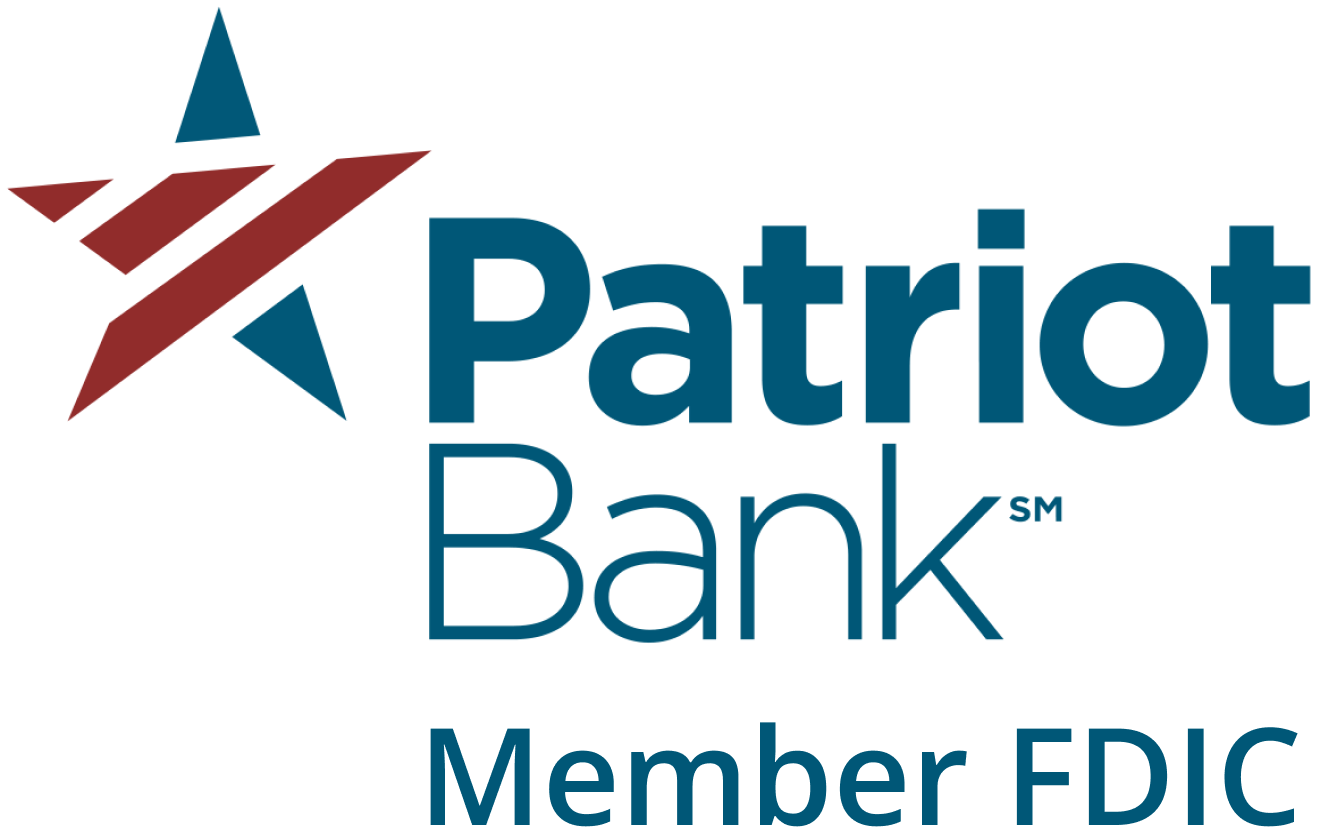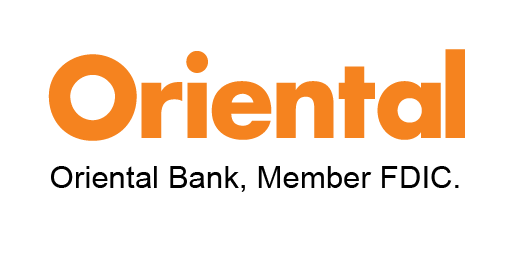Investment apps for beginners
Compare beginner-friendly investment apps with user-friendly platforms, low fees, and helpful resources for investors.
Ease of use matters: Lists of the best beginner investment apps focus on simple navigation, fractional shares, and commission-free trades so new investors can get started with ease.
Education and support to help build confidence: Wondering which trading apps might work best for your situation? Beginner options may provide tutorials, research tools, and customer service to help guide you.
Different apps suit different needs: Casual investors may prefer community-driven apps, while those wanting more insights might lean toward apps with robust tools and features.
Beginner investment apps to help you get started
Getting started investing has never been easier, thanks to the wide availability of online brokers and robo-advisors. These platforms essentially put financial markets in the palm of your hand, allowing you to trade from almost anywhere.
Not sure which beginner investment app is best for you? When comparing options, you might generally look for those with a user-friendly interface, with a simplified process of building your portfolio and choosing different stocks, exchange-traded funds (ETFs), and other securities with ease. While “best” choices may vary by individual, here are six widely-used investing apps to help you get started.
The following descriptions are provided for informational purposes only and do not constitute an endorsement or recommendation of any specific platform.
Robinhood
Robinhood is a mobile-first platform that allows users to trade stocks, ETFs, options, and cryptocurrency (crypto) commission-free (other fees may apply). The app is easy to use and accessible, making it a popular choice for beginners.
However, gamified elements can also make it tempting to make impulsive decisions, which could be slightly risky for beginner investors.
Key features include:
Commission-free trades on stocks, ETFs, options, and crypto
Easy to navigate
New-user and referral promotions may offer a free stock or cash-value rewards
Fractional shares available
No monthly fee (unless you upgrade to Robinhood Gold)
Potential drawbacks:
Crypto selection may be more limited compared to those offered on dedicated crypto exchanges
No mutual funds or bonds
Limited educational resources
Research and screening tools may be more basic than full-service brokers
Gamified layout might tempt risky trades
Charles Schwab
Charles Schwab is a well-known online broker whose apps and platform are often regarded as notable choices for beginner investors. The app provides extensive educational material and attentive customer support. Furthermore, the integration of the thinkorswim app has further elevated the platform's trading tools.
While the app may have a slight learning curve in the beginning, it provides beginners with low-cost trading to access fractional share investing and plenty of educational resources.
Key features include:
Commission-free trades on stocks and ETFs
Fractional share investing of S&P 500 companies
Learning center with tutorials and interactive tools tailored to different experience levels
Large fund selection
Access to thinkorswim platforms
Potential drawbacks:
Some users have critiqued the app’s interface¹
Limited fractional share options (only for S&P 500 companies)
Uninvested funds may have less competitive rates
Webull
Webull is often compared to Robinhood, as they are both popular investing apps offering commission-free trades on stocks, ETFs, and options. They are also known for having a user-friendly interface and attracting a younger demographic, but Webull has some distinct features to offer.
Webull generally provides a more advanced charting and technical analysis toolkit, catering more towards active traders. You can get started on creating your account with no minimum deposit. Webull also offers crypto trading ; however, a separate app (Webull Pay) is needed to trade coins.
Key features include:
User-friendly platform
Advanced charting and other tools
Commission-free stock, ETF, and option trades
Potential drawbacks:
Limited guidance on asset allocation
Separate app required for crypto
No mutual funds available
If you want to earn interest on uninvested cash, the Raisin marketplace is here to help. Raisin gives you access to a variety of high-yield savings products with competitive interest rates to boost your savings potential. Explore account types, compare interest rates, and start saving today!
Fidelity Investments
Fidelity is a well-rounded platform providing an extensive array of investment choices and research tools and is suitable for investors of all levels. The app offers a combination of usability, cost-effective trading, educational support, and other robust features. While Fidelity gives you access to various tools, self-education is still key to learning how to get the most use out of your account.
Key features include:
No account minimums or fees
In-depth learning materials help support investors at all stages
A wide choice of assets (e.g., U.S. stocks, ETFs, mutual funds, and fractional shares) helps with portfolio diversification
Mobile-first usage
Potential drawbacks:
Fees for specific services like Fidelity Go
Limited access to international fractional share trading
SoFi Active Investing
The SoFi Active Investing app has no account minimums, no stock trading fees, and no options trading fees, making it suitable for beginner investors. SoFi Active Investing offers a wide range of features tailored to those getting started with investing, but there are also some trade-offs to be aware of.
Key features include:
No account minimums and zero commission trading on stocks, ETFs, and options
Fractional shares allowed
Access to complimentary consultations with Certified Financial Planners (CFPs)
Social and community features to see what others are investing in
Educational content tailored to personal finance and investing topics
Potential drawbacks:
No access to mutual funds, bonds, futures, currencies, and limited international coverage
Basic research tools
Robo-advisor is no longer free (0.25% annual management fee applies)
App layout limits personalization options
Public
Public is another investment app for beginners, tailored especially towards casual, mobile-first users who are looking for simplicity, community learning, and social investing features. The app combines straightforward investment options with a social community, allowing you to get real-time insights on what others are investing in. While you may eventually outgrow the app, if you want more advanced data tools, personal support, or more extensive research capabilities, it can provide a foundation to help beginners build confidence.
Key features include:
Mobile-first design with built-in social feed allowing you to connect with other investors
No account minimums and zero commissions on stocks and ETFs
Fractional shares available
Potential drawbacks:
Limited research tools (more detailed tools are restricted to premium members or not available at all)
The app appeals more to casual investors, meaning those seeking more advanced investing or deep analysis tools may find it insufficient
If you are looking for other ways to grow your idle funds, you might also want to consider a high-yield savings account or certificate of deposit (CD). The Raisin marketplace gives you access to both account types and other high-yield savings products to increase your savings potential — all with no fees from Raisin. Compare rates today and start growing your funds.
Bank
Product
APY
Maturity

mph.bank, a division of Liberty Savings Bank, F.S.B., Member FDIC
FDIC
Callable CD
4.00%
60 months
$2,000.00

HealthcareBank, a division of Bell Bank, Member FDIC
FDIC
High-Yield CD
3.50%
7 months
$1,750.00
Raisin is not an FDIC-insured bank or NCUA-insured credit union and does not hold any customer funds. FDIC deposit insurance covers the failure of an insured bank and NCUA deposit insurance coverage covers the failure of an insured credit union.
Key features to look for in an investment app
Investment apps for beginners should allow you to invest with ease how you want, invest in products you're interested in, and have low fees. Here are some key features to look out for when choosing an app to get started with investing:
Low fees: Most apps now offer commission-free trades on stocks and ETFs, so you may want to ensure the app offers this feature. You may also want to check for account fees, inactivity fees, or hidden costs.
Investment options: Ensure the app has a wide enough range of investment options. Stocks and ETFs are often a baseline. Mutual funds could also be good for beginners, alongside bonds or treasuries.
User interface: A clean and intuitive interface makes navigating the app easy, providing a better user experience.
Educational resources: In-app learning, including tutorials, articles, podcasts, glossaries, and more, can be helpful for beginners. Simulations, or “practice trading,” can also be a plus.
Research and analytics: Real-time quotes, news, analyst ratings, and charting tools can help you stay up-to-date and informed.
- Customer support: Access to customer support via chat, phone, or email can help beginners feel more at ease when encountering possible issues.
How to know which investment app is right for you
When asking yourself, “What is the best trading app?,” you will want to understand your primary investment needs. Consider if you are looking to trade stocks and ETFs on your own, or if you would rather have assistance in building your portfolio. You can compare the capabilities and features different apps offer, and consider what apps have particular features you are looking for. The best investment app for beginners will be the one that most closely fits your individual needs as an investor.
Before making a decision, you may also want to evaluate your financial situation and what goals you want to achieve with your investments. Once you have determined your investment goals and features you’re looking for, this can help you better decide which app could be the right choice for you.
Getting started with Raisin
If you are not ready to get started with investing in stocks or ETFs just yet but still want to grow your funds, Raisin is here to jumpstart your savings journey. The Raisin marketplace gives you access to high-yield savings products with competitive interest rates, to help grow your idle funds. Sign up today, compare accounts and interest rates and start maximizing your savings potential!
Raisin is not an FDIC-insured bank or NCUA-insured credit union and does not hold any customer funds. FDIC deposit insurance covers the failure of an insured bank and NCUA deposit insurance coverage covers the failure of an insured credit union.
Sources
¹https://www.thinkadvisor.com/2024/05/22/schwab-defends-app-bashed-as-clunky-by-some-former-ameritrade-clients/






























